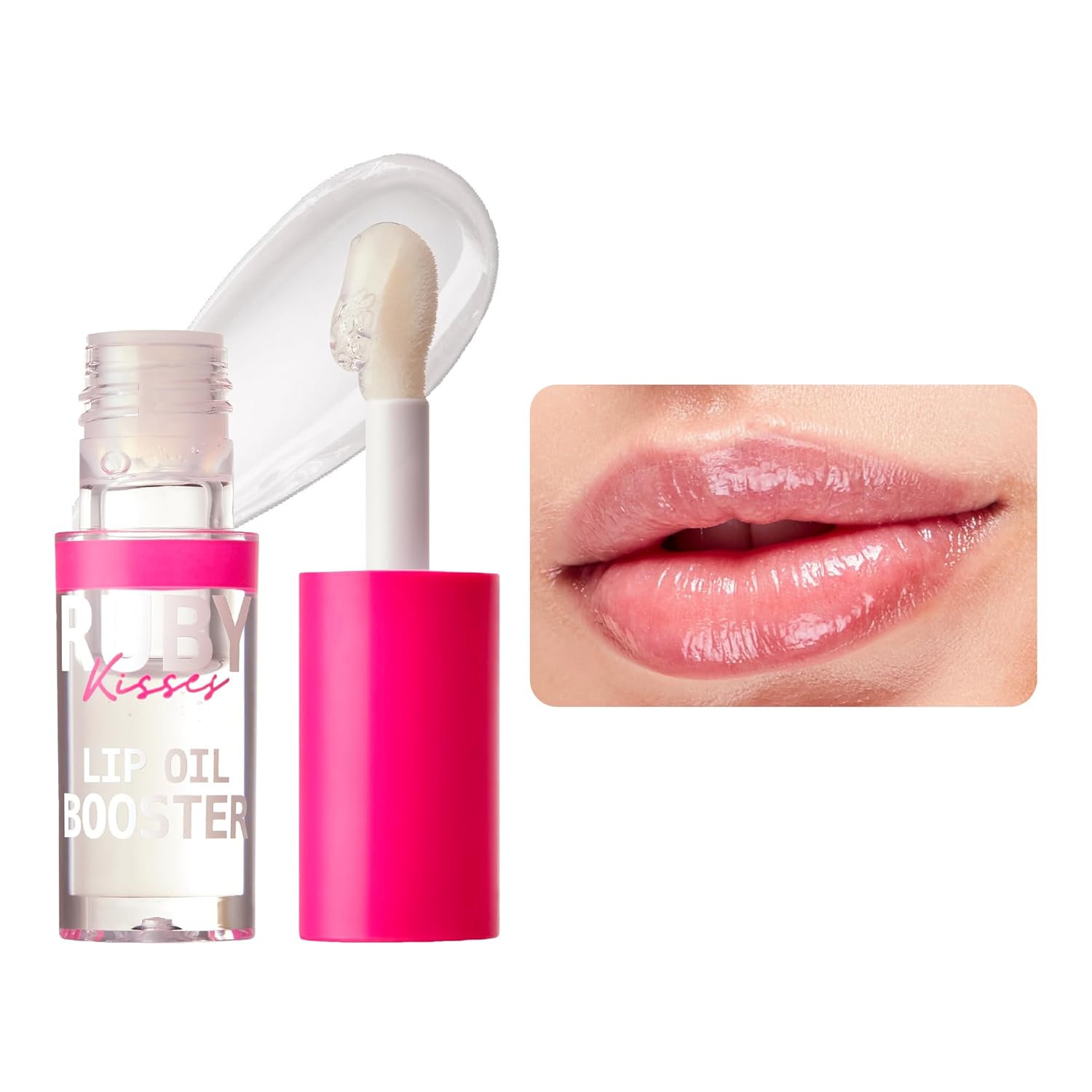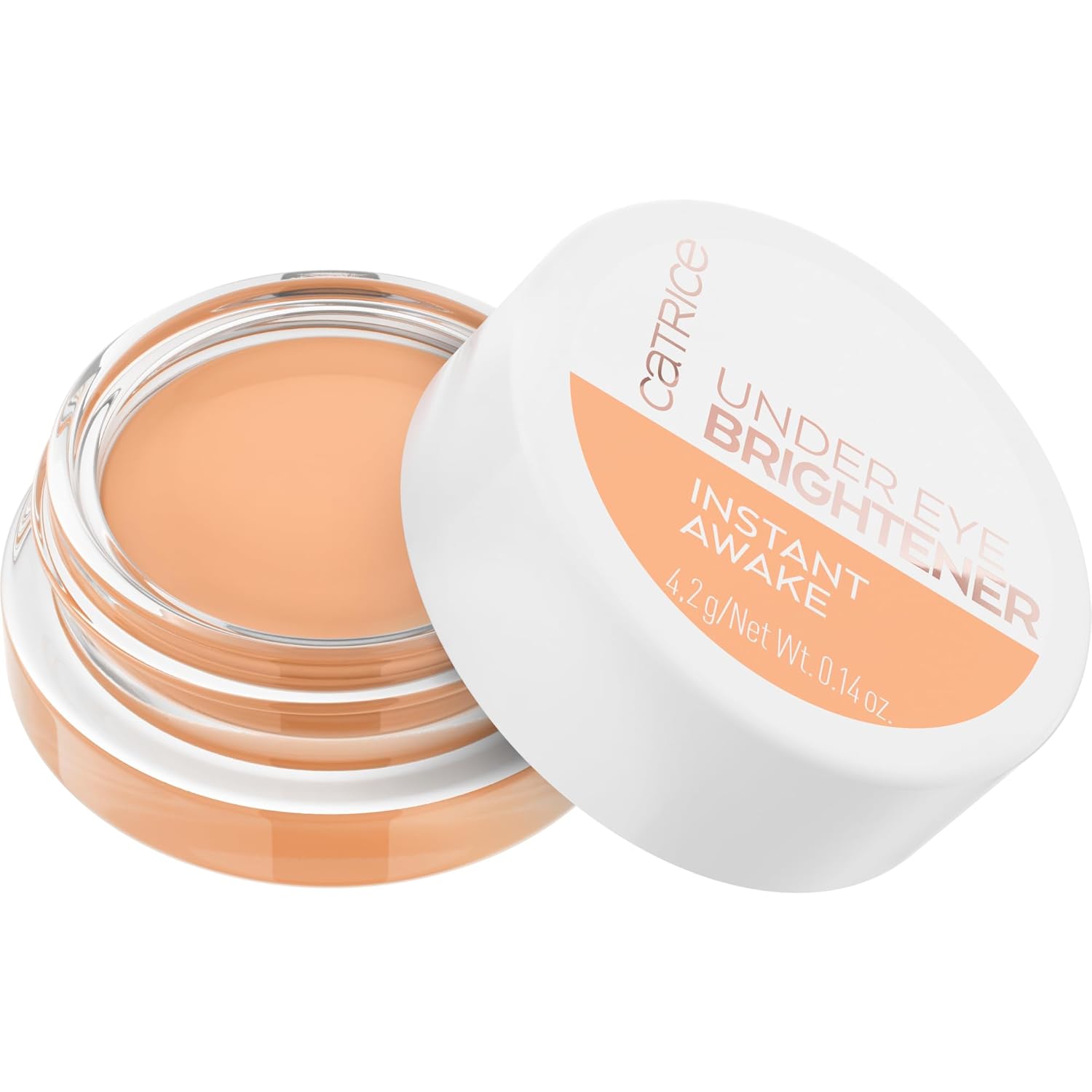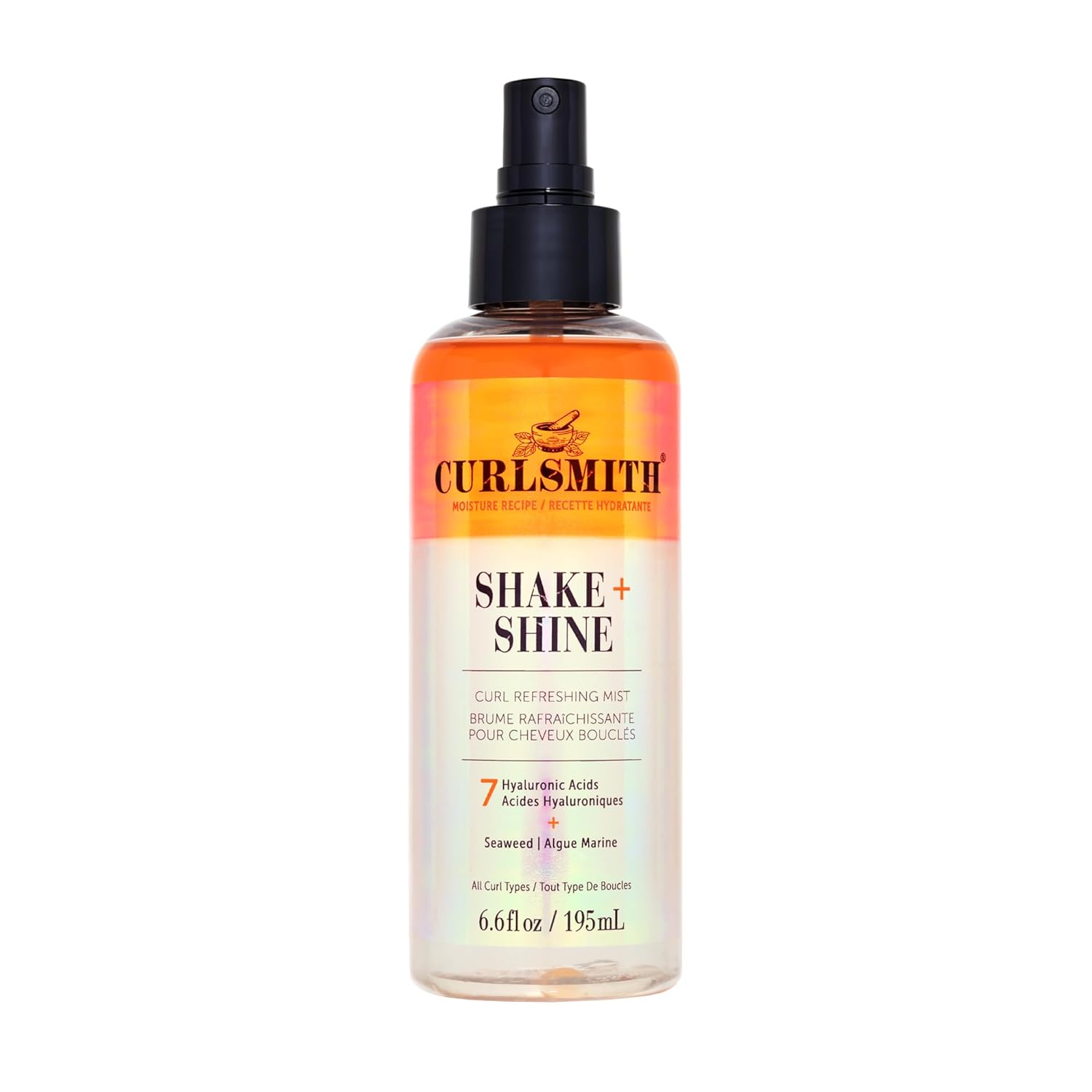
Inflammation does more than just cause redness, pain, and hyperpigmentation—it may be (quietly) aging your skin. Unlike normal inflammation, “mild inflammation lingers without fully going away and may not cause obvious symptoms,” board-certified dermatologist Dr. Tiffany Libby tells Beautycon. “Think of it like a garden: if you don’t regularly weed (calm the inflammation), they can overtake the beautiful flowers (healthy cells), making it harder for the garden to thrive.”
Below, Dr. Libby explains how mild inflammation ages your skin—and how to stop it.
What is inflammaging?
“Inflammaging is a term that combines ‘inflammation’ and ‘aging’,” Dr. Libby says. The term, introduced by Prof. Claudio Franceschi in 2000, recognized immune changes in response to lifelong stress. According to Libby, “it describes how chronic, low-grade inflammation in our bodies contributes to aging and age-related diseases,” like psoriasis and atopic dermatitis.
How does mild inflammation differ from normal inflammation?
Inherently, inflammation isn’t bad. “Normal inflammation is like your body’s alarm system responding to an injury or infection,” Libby says, as a temporary response to help your skin heal. “While normal inflammation is your body’s way of protecting itself, mild inflammation can slowly wear your body down over time, contributing to aging and various health issues.”
How do you know if you have mild inflammation?
Unlike normal inflammation—which is often associated with redness, heat, swelling, or pain—the symptoms of mild inflammation are more hidden.
“One of the earliest signs of inflammaging is dryness of the skin, which can mean that the skin moisture barrier is in need of more hydrating and supportive ingredients,” she says. Caused by environmental stressors like UV radiation and pollution, as well as internal stressors like stress or lack of sleep, “we can assume that the majority of us are exposed to chronic levels of low inflammation impacting our skin.”
What is the relationship between aging and inflammation?
While the body’s immune system becomes increasingly inflamed as people age, inflammation induces oxidative stress and other effects which are thought to promote aging, according to the NIH. “Chronic inflammation can generate free radicals, which are unstable molecules that damage cells and collagen and elastin,” she says.
Collagen and elastin are the primary actors responsible for your skin’s aging process.
“[If] these critical components get damaged, signs of photoaging like fine lines, wrinkles and loss of elasticity can become more pronounced,” she says. And, while the skin is meant to serve as a protective barrier from our environment, a damaged barrier can cause inflammation, which in turn, makes our skin more susceptible to aging.
Does skin tone impact how inflammation appears?
“People with darker skin tones often associate inflammation with hyperpigmentation, not aging,” she says. After inflammation occurs in the skin (like from a breakout), post-inflammatory hyperpigmentation (dark spots) or hypopigmentation (light spots) may appear.
However, redness, sun exposure, and acne are not the sole cause of pigmentation. “Chronic low levels of inflammation can contribute to dark spots on the skin and uneven skin texture and tone [as well].”
What type of skincare routine can help decrease the threat of inflammation?







External support like skincare that specifically targets the root causes of inflammation to help treat inflammaging. “Try a gentle cleanser to avoid stripping the skin of its natural oils which can lead to irritation and inflammation,” Libby says. “Look for moisturizers with ingredients like hyaluronic acid to keep skin hydrated, which can help maintain the skin barrier and reduce irritation.”
Antioxidants, like naringenin, have anti-inflammatory properties and decrease cellular damage and damage to collagen and elastin. She recommends DEINDE, one of the first skincare brands to target inflammaging, with products like the Skin-Strengthening Serum and Purifying Whipped Cleanser to combat and prevent mild inflammation.
If you use any product, however, sunscreen should be your top pick. “Wearing broad-spectrum sunscreen every day, regardless of the season, is vital because UV rays can exacerbate inflammation and accelerate aging.”







